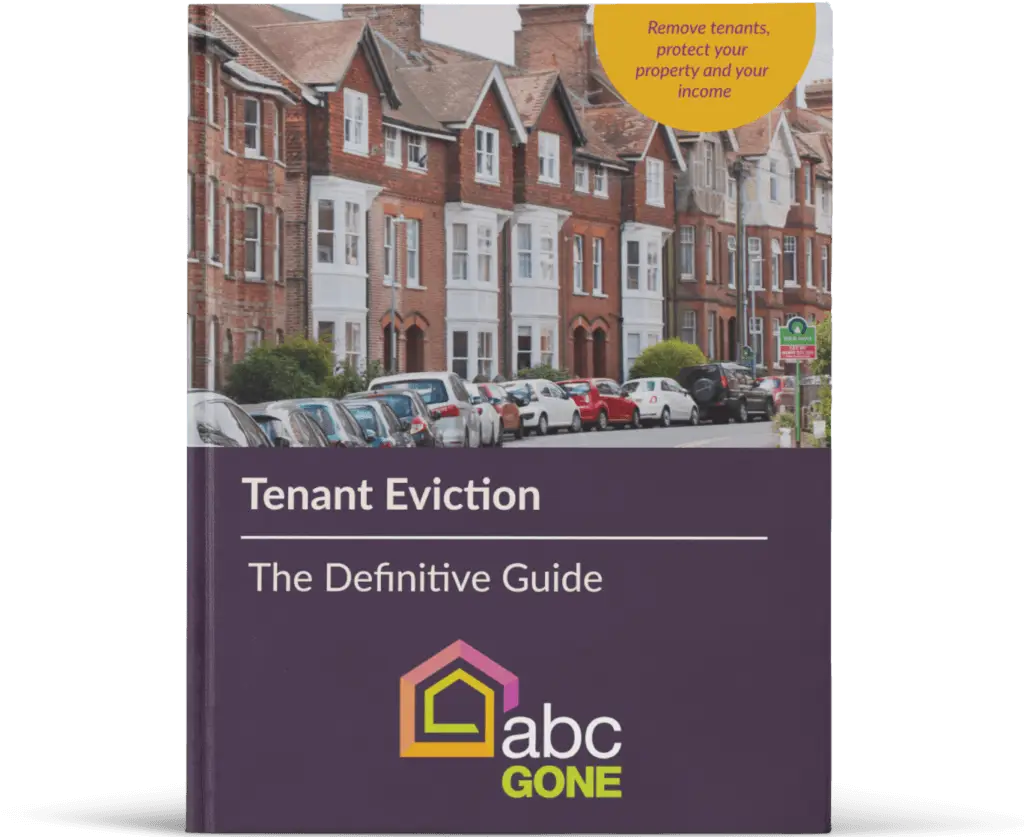If the thought of having to evict a tenant fills you with dread, you’re not alone. As letting agents working with landlords in the East London areas of Dagenham, Hornchurch and Romford, queries about eviction advice are among our most frequent requests. With changes in the law planned, we answer some key questions when it come to the issue of eviction advice.
How do I evict a tenant?
If you are looking for advice on evicting a tenant, there is a clear legal process to follow. To find out all the steps you need to take, read our previous blogs on how to evict a tenant for not paying rent and how to evict a tenant without going to court.
There are currently legal two ways of gaining possession of your property under the Housing Act 1988 – a Section 8 notice and a Section 21 notice (also called a no-fault eviction).
What is a Section 8 eviction notice?
A Section 8 notice applies if your tenant has broken the terms of their assured shorthold tenancy. It must be heard in a court and can take some time.
What is a Section 21 eviction notice?
A Section 21 notice can be served without giving a reason as long as the tenant is no longer in the fixed period of their tenancy. It is usually quicker and simpler than a Section 8 notice and does not require you to go to court.
However, be aware that big changes are planned to Section 21 in the governments Renters Reform Bill which is currently going through parliament.
What are the grounds for evicting a tenant?
You can evict a tenant using a Section 8 notice if they have broken the terms of their tenancy agreement. Most often this is when they fail to pay rent but can be for other reasons too such as anti-social behaviour, subletting, using the property for illegal activity and other breaches.
Can you evict a tenant to sell the property?
At the moment you can evict a tenant using a Section 21 notice without giving a reason, as long as they are no longer in the fixed term of their tenancy. This will change if the Renters Reform Bill becomes law and ends no-fault evictions. However, the government has pledged that it will allow landlords to regain possession of their properties in some cases – if they want to sell the home or live there, for example.
What is no fault eviction?
A no-fault eviction is when a landlord asks a tenant to vacate the property without giving a reason. One aim of the Renters Reform Bill is to end no-fault evictions, which it is claimed have been used by unscrupulous landlords against tenants who insist on repairs or query rent rises.
What is a possession order?
If your serve a Section 8 notice on your tenant, but they fail to vacate the property, you should apply to the court for a possession order which gives you legal authority to regain the property.
How much notice do you have to give a tenant?
The length of notice depends on whether you’re issuing a Section 8 or a Section 21 notice and what grounds you are using the regain possession. For a Section 21 notice, you must give your tenant at least two months’ notice to leave. For Section 8 notices, it can be as little as 14 days for certain grounds.
How long does it take to evict a tenant?
How long it takes to evict a tenant depends on the grounds for eviction, the type of notice you serve and how willing your tenant is to vacate the property. Court delays can have an impact too, as can failing to follow any of the steps correctly. You may be able to evict a tenant in a few weeks, or the process could take several months.
How much does it cost to evict a tenant?
The cost of evicting a tenant also depends on many factors. For a detailed breakdown at each stage, read our blog on how much it costs to evict a tenant. The average cost of evicting a tenant via the county court is around £1,350. If the case needs to be dealt with in the High Court it’s around £2,200.
How do bailiffs evict tenants?
Once you have a possession order, if your tenant does not vacate the property, you can apply to the court for a warrant for possession. When the court issues a warrant, it will send your tenant an eviction notice, with the date they must leave. If they fail to do so, you can use a bailiff to evict them.
For East London landlords looking to avoid the need to manage evictions, at ABC Gone we offer a guaranteed rent service that can take the stress off your shoulders. If you have a rental property in Harold Wood, Basildon, Thurrock, Colchester, Chelmsford, Harlow and Essex or beyond – please get in touch.





